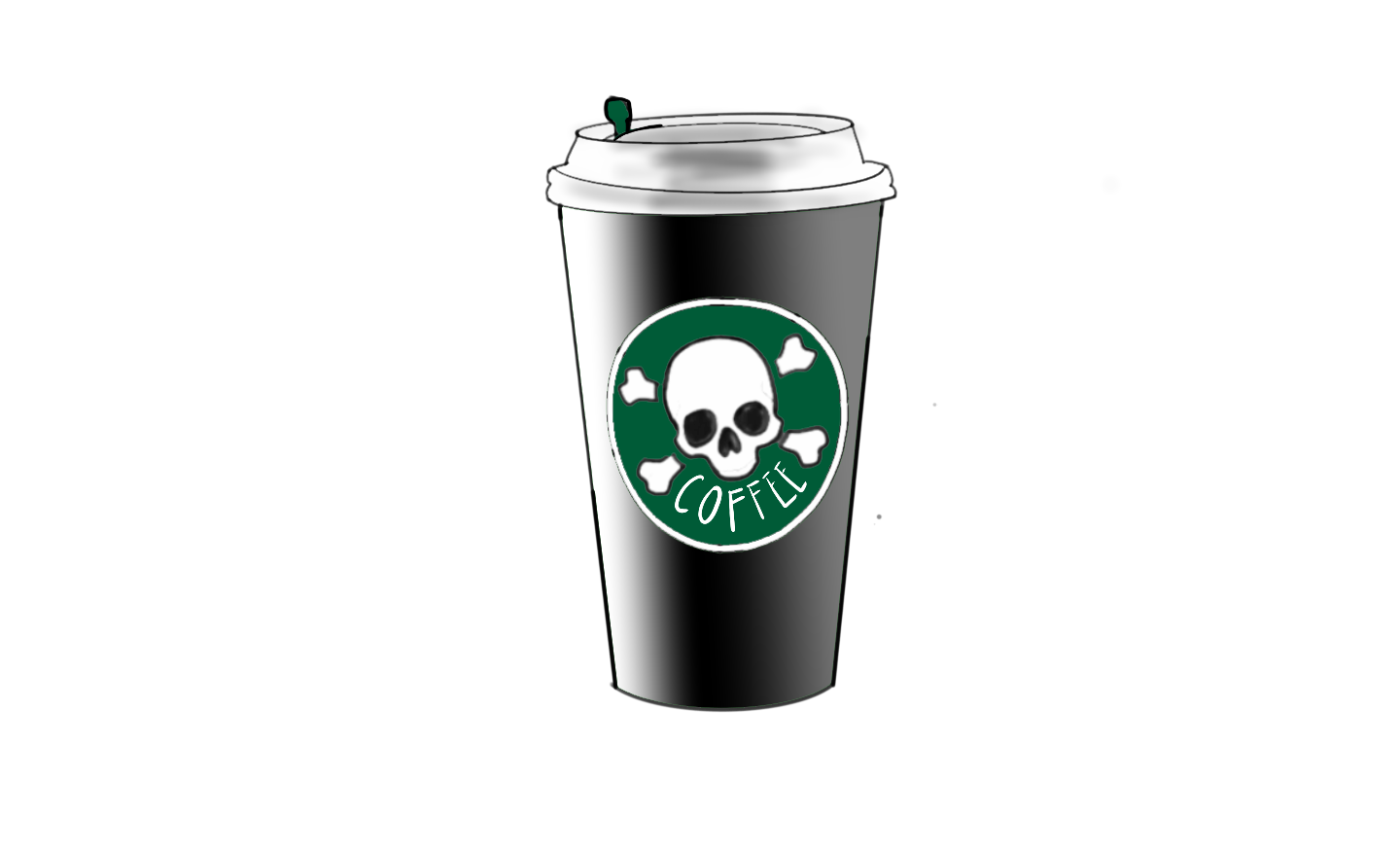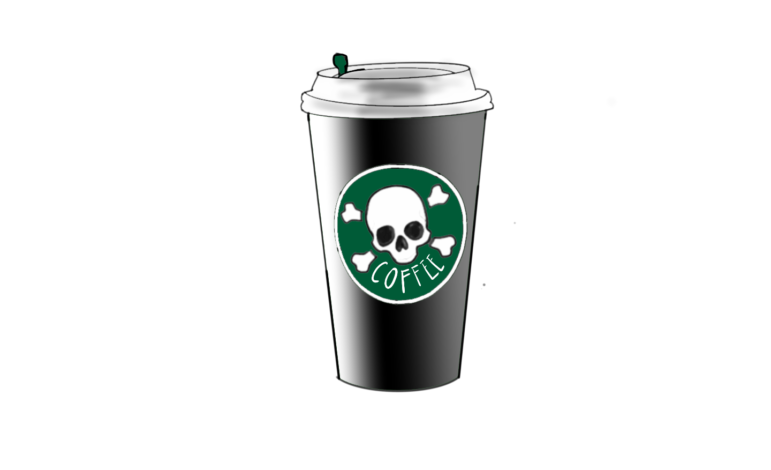
A lawsuit submitted in 2010 by the Council for Education and Research on Toxics is still being litigated against over 90 coffee roasters and retailers. The council argues that, because coffee contains the carcinogenic chemical acrylamide, in accordance with California’s Proposition 65, brands should have warning labels on their coffee to inform customers.
After several years of fighting the case, some coffee companies, including Yum Yum Donuts and BP West Coast Productions, have given in and agreed to post warning labels on their coffee.
However, businesses such as Starbucks refuse to place these labels on their products, arguing that research shows that coffee is harmless to humans and, in fact, may carry health benefits. Starbucks claimed in its last quarterly report that it’s not “party to any legal proceeding that management believes could have a material adverse effect on [their] consolidated financial position, results of operations or cash flows.”
Dr. Jaspreet Bhatia, an internal medicine physician at Kaiser Permanente, offered some perspective.
“Lawsuits like this occur all the time,” she said. “As per my knowledge, carcinogens in coffee aren’t a real concern yet. I don’t think it’s necessary to put cancer warning labels on coffee … In reality, probably nothing big is going to happen. They will find a way to avoid putting cancer warning labels on their coffee. It’s possible, just not probable.”
Arcylamide is formed when certain foods are cooked at high temperature, and, according to the American Cancer Society, this includes the coffee roasting process.
In reaction to this case, students offered many different perspectives.

“Honestly, a lot of things are cancerous, so drinking coffee that can potentially be cancerous doesn’t really scare me,” said freshman Sydney Berger. “I would probably drink it less often, but the label wouldn’t cause me to change my habits much.”
Freshman Austin Long, however, said that he may consider changing his habits.
“I’d probably start drinking tea instead,” he said. “I would certainly try to refrain from drinking it.”
Recent studies also show that acrylamide is harmful only in doses thousands of times greater than found in a cup of coffee. Thus, someone would have to drink over 100 cups of coffee per day in order to be exposed to harmful amounts of acrylamide. According to the ACS, the amount of acrylamide in coffee is harmless, though this claim is yet to be backed up by a sufficient amount of evidence.
The World Health Organization initially believed that coffee could lead to bladder cancer, and therefore put it on the carcinogenic list. However, after 25 years of studies, the WHO not only removed coffee from these lists, changing its stance, but announced that drinking coffee may even prevent cancer. Studies supportive of the health benefits of coffee have shown that it leads to benefits such as longer life, a better functioning brain and reduced risk of cancer.
“I wasn’t aware of carcinogens in coffee,” Health and physical education teacher Barbara Beaumont said, “but I do know that caffeine consumption has been linked to breast cancer … and breast tumors have often regressed in women who adopt a caffeine restricted diet.”
There is still more research to be done on whether coffee is really as harmful or harmless as some claim.
